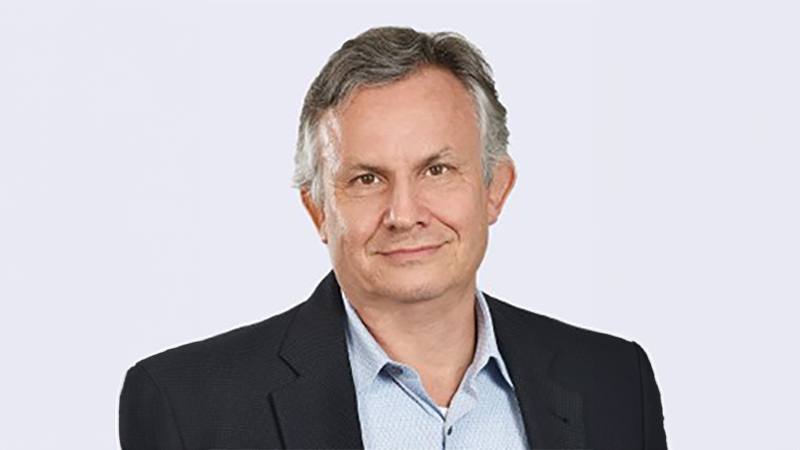The industry’s love affair with all things ESG appears to have hit a rocky patch with Interactive Investor (II) revealing that just two of the sustainable funds on its ethical buy list, the ACE 40, delivered a positive return over the year to the end of May.
For comparison, 16 of the 66 funds on its sister list the Super 60 delivered positive returns over the same time period.
As a result, Morningstar, which took over research and analysis for II’s buy lists in January, has moved sooner than expected to remove two funds from the ACE 40. The annual review was due to take place in Q4.
This saw the Syncona Investment Trust and Abrdn Europe ex UK Ethical Equity Fund removed from the buy list, with the M&G European Sustain Paris Aligned Fund added.
See also: Paper shortage cuts into Abrdn acquisition of II
Conviction tested on more than one occasion
II pointed out the change illustrates Morningstar’s “clear independence”, as it had opted to retain Syncona on the list just eight months previously.
Dzmitry Lipski, head of funds research at II, said: “We have always categorised Syncona as an adventurous choice on ACE 40. Standing on a relatively high premium when it made its debut at the launch of our ethical rated list in late 2019, we were comforted by the trust’s unique proposition, social purpose and strong management team.”
He said poor performance and premium/discount volatility tested that conviction, which led to a review in the summer of 2021. The decision to retain it was made in October.
“While the performance since has been less volatile, we are also mindful that the outlook for biotech companies is more challenging than it has been, even for a conservatively managed company such as Syncona. We respect Morningstar’s independence,” Lipski added.
For its part, Morningstar said: “We feel that the level of risk the trust displays is elevated relative to the benefits. Given the niche nature of the trust it makes it hard to discern if the team and structure are the best available options to access this area of the market. Investor returns are also heavily reliant on sentiment rather than NAV performance, with big swings in both the premium and discount in recent times.
“The risk in the underlying investments is also significant, with a highly concentrated portfolio of companies involved in an area where outcomes of clinical trials can swing performance heavily one way or another. It is our recommendation that the trust be removed from the ACE 40 fund list.”
Limited fund management experience
The second ACE 40 ejection was the Abrdn Equity ex UK Ethical Equity Fund, further evidence of the list’s independence, given II was acquired by Abrdn earlier this year.
Of its decision, Morningstar said: “Compared to peers, the team’s fund management experience remains limited. The fund has typically displayed a growth style bias and a market cap that is slightly lower than that of peers and the index.
“Despite the fund’s growth style, which should have until recently been a tailwind to performance, performance over their tenure has been lacklustre with the fund only managing to deliver strong relative outperformance in 2020.
“Overall, we believe that there are stronger fund options available in this sector and have therefore recommended the removal of this fund from the ACE 40 fund list.”
Bright spot amid the gloom
While two funds were removed from the ACE 40, just one was added – the M&G European Sustain Paris Aligned.
That Morningstar has added a single fund could be an indicator that it is struggling to identify a suitable addition to the ACE 40 family, emphasising the difficulties ESG and ethical strategies are facing.
Outlining the rationale behind the M&G fund’s inclusion, Morningstar said: “John William Olsen took over this strategy in July 2014, having joined M&G earlier that year from Danske Capital, where he had built strong track records on global and European strategies.”
He also manages the Global and Positive Impact strategies, with deputy manager Mike Oliveros in support.
“Olsen employs broadly the same process here as he did at Danske which is to focus on finding companies with sustainable competitive advantages that should lead to pricing power and superior returns over the long term, and then wait for an opportunity to buy them at attractive valuations. In 2021, the process was adapted to include carbon research,” Morningstar added.
“Performance over Olsen’s tenure has been strong and given the fund’s quality characteristics, we broadly expect the fund to hold up better than peers in falling markets but potentially lag in strongly rising markets. Additionally, the concentrated nature of the portfolio may at times mean that the fund’s return profile is more volatile than that of peers.”
Two star performers and a dud
The two funds on the ACE 40 that managed to deliver a positive return over the year to the end of May were the VT Gravis Clean Energy Income Fund, which is up 6.1% over that period, and the iShares Global Clean Energy ETF, which is up 1.3%.
II described the two funds as sitting in “niche sectors that have been better insulated from recent market storms”.
Looking beyond the immediate noise, over 60% of the funds on the ACE 40 have ranked first and second quartile over three years. Over five years, almost 80% outperformed their benchmarks, II added.
Only one fund on the buy list has lost money over five years, the Lyxor Green Bond ETF.











